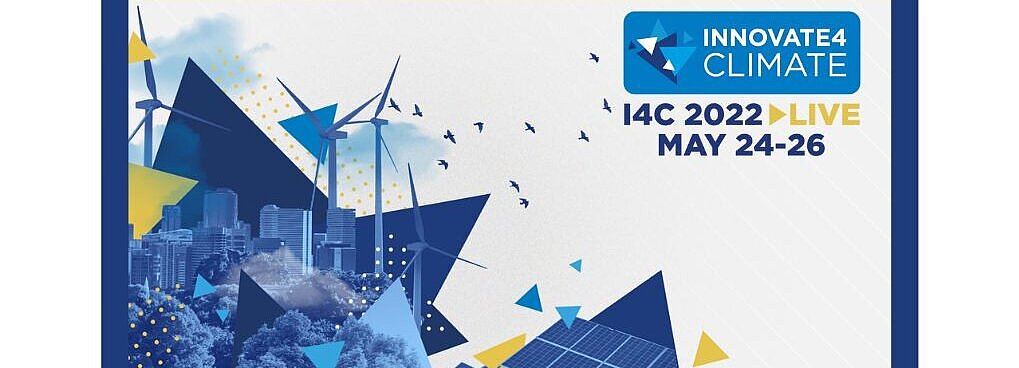The voluntary carbon market after Glasgow: How does the Article 6 rulebook shape the VCM and what options do stakeholders have?
Six years after the adoption of the Paris Agreement and following years of intense negotiations, Parties at COP26 in Glasgow finally adopted the Article 6 rulebook that will govern the international carbon market. While the decisions taken at COP26 primarily relate to the voluntary cooperation among Parties under Article 6 of the Paris Agreement, they also shape the future functioning of the voluntary carbon market (VCM). This market is currently thriving and expected to grow further as businesses, organisations and individuals are increasingly seeking to voluntarily reduce their carbon footprint. This workshop unpacked the Glasgow decision and explored what it means for the VCM and its stakeholders. We discussed what options private certification standards have in light of the Article 6 rulebook, how adequate corporates strategies might look like and whether there is an additional need for regulation from national governments.
Speakers:
- Nicolas Kreibich (WI)
- Malin Ahlberg (BMWK)
- Sarah Leugers (Gold Standard)
- Andrew Howard (VERRA)
- Florian Eickhold (atmosfair)
Moderation: Christof Arens (Wuppertal Institute)
This workshop was held as part of this year's Innovate for Climate (I4C), more information can be found here.
The introductory slides of the event are available here.

